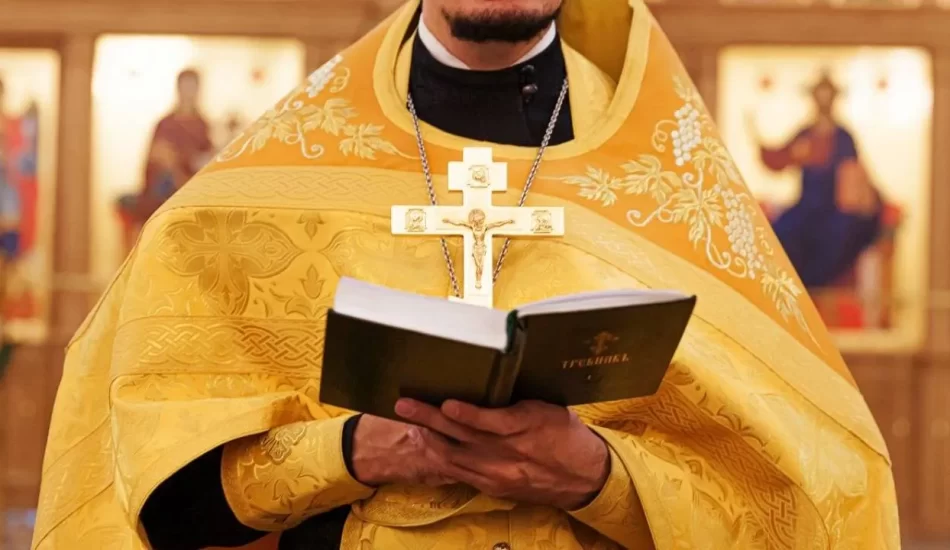The History of the Religious Visa

Religious visas, also known as R visas, are a type of visa that allow individuals to enter the United States for the purpose of engaging in religious work or activities. The history of religious visas in the United States is closely tied to the country’s history of religious freedom and the role that religion has played in shaping American culture.
The United States was founded on the principles of religious freedom, and the First Amendment to the Constitution guarantees the right to freedom of religion. As a result, the United States has long been a haven for religious minorities, and many immigrants have come to the country seeking refuge from persecution and discrimination.
The first religious visas were introduced in the 1950s, when the United States began to develop a more formalized system of immigration. Initially, religious visas were granted on a case-by-case basis, and they were primarily used to allow missionaries and other religious workers to enter the country.
In the 1980s, the United States government created a new category of religious visas known as R visas. These visas were designed to streamline the process of obtaining a visa for religious workers, and they were made available to individuals who were coming to the United States to work for a religious organization or to engage in religious activities.
Today, the R visa program is an important part of the United States’ immigration system. It allows religious organizations to bring in workers and volunteers from other countries, and it provides a pathway for individuals who are seeking to engage in religious activities in the United States.
The R visa program is unique to the United States, and it differs from other countries’ approaches to religious visas. In some countries, such as Saudi Arabia, religious visas are only available to individuals who are coming to the country for the purpose of pilgrimage. In other countries, such as France, there is no formal religious visa program, and religious workers must apply for a general work visa.
Despite the unique nature of the R visa program, it has faced criticism from some groups who argue that it is too lenient and that it allows religious organizations to bring in workers who may not have the necessary qualifications or background checks. In response to these concerns, the United States government has taken steps to tighten the rules around the R visa program and to ensure that religious workers are subject to the same background checks and security screenings as other types of visa applicants.
Overall, the history of religious visas in the United States reflects the country’s commitment to religious freedom and its desire to provide a welcoming home to individuals of all faiths. While the R visa program may continue to evolve in the years ahead, it is likely to remain an important part of the United States’ immigration system for the foreseeable future.
